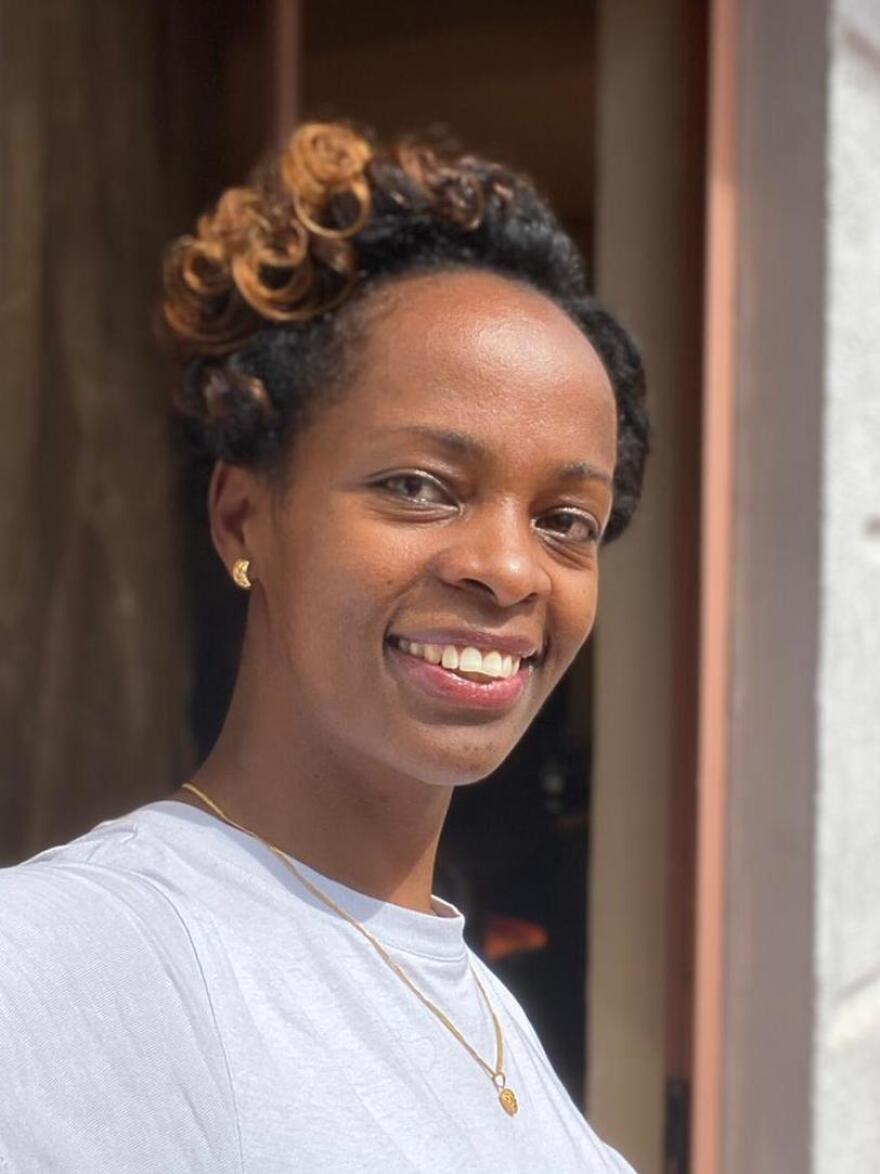Recently, as I drove home from Walmart on a quiet Sunday morning, I was startled by a rumble above me. I looked up to see a plane flying uncomfortably low in the sky. My heart raced as I thought, "What if this jet starts dropping bombs?"
I briefly — but genuinely — felt as if my life were at risk, and I almost took the next turn to speed as far away as possible.
Then I reminded myself, "I am in Michigan, not in an active war zone."

On March 25, the Ethiopian government declared a humanitarian ceasefire. Like many people born and raised in Ethiopia, I feel cautiously optimistic about this news. In my lifetime, two major wars have broken out in my country. The first was the Ethiopia-Eritrea War, back when I was in elementary school. I still remember my parents tuning into the national radio to hear updates from the battlefield. This news was especially important to my mother, whose brother was stationed at the front lines as a military trainer. Talk about enemy forces, recaptured territories and casualties were way too common in those days. I remember asking my mom, "What if those jets fly to our school and start bombing our playgrounds?"
The current war began in November 2020. This time, I am a grown woman in my 30s, living in the U.S. with a career in mental health research. I have read about the psychological impact of war and violence on some of the world's most vulnerable. I know it is not uncommon for people to live with the impact of a trauma without ever acknowledging it.
But until the moment I saw that plane in Michigan, I never considered myself to have any form of war-related trauma. It's something I plan to bring up with my therapist at our next appointment. For so many other Ethiopians — and others around the world — that's not an option. And that's unacceptable.
Although a ceasefire may mark an end to fighting, the trauma will undoubtedly linger. Any plan for peace must also include mental health resources to help those in war-affected regions deal with the full toll of their experiences. If we learned anything from other post-conflict communities like South Sudan, Rwanda, Uganda and others, it's that a war worsens mental health issues and complicates access to care.
There is recognition of this reality. For instance, the World Health Organization estimates about half a million Ukrainian refugees will need mental health care as part of the biggest refugee crisis since World War II. However, in most cases, this acknowledgement does not necessarily translate into the quality and equitable services needed.
In Ethiopia, even in the most peaceful of times, as is the case in many low-income countries, mental health care is not widely available. The country of more than 115 million has fewer than 100 psychiatrists, mostly based in Addis Ababa or in other regional cities. It also mirrors existing social and economic inequalities: Rural residents have poorer access to mental health care even when it is locally available. They typically have limited financial resources, low levels of education and difficulties with transportation, all of which create barriers to connecting with services.
There's also significant stigma around mental illness, and families try to keep their problems hidden from friends and neighbors. As a social work graduate student, I interned at Ethiopia's only psychiatric hospital, which was an eye-opening experience. Witnessing these secret struggles pushed me to pursue a Ph.D. in mental health epidemiology, so I could do something to help.
The situation is even more dire now following years of conflict. Apreliminary study focusing on young people's mental health in the Ethiopia's Tigray region reported a sharp spike in rates of anxiety and depression after the war began. But, of course, everyone across the population has been traumatized in different ways. A crisis of this proportion warrants a reimagining of mental health care delivery.
One option is to look beyond traditional health care workers to find sources of support. For example, the Friendship Bench program in Zimbabwe recruits and trains grandmothers to help women in their communities with depression. They deliver talk therapy outdoors on wooden park benches, which is a less intimidating setting than a hospital. These lay providers can offer counseling and connections to resources as well as suggest ways to cope with troubling and intrusive mental health symptoms.
In other post-conflict settings, programs have improved health outcomes for people with post-traumatic stress disorder by relying on peer providers, who have typically experienced similar adversities. Services provided by mental health peer support specialists often include reducing interpersonal conflict, building social support and encouraging active listening.
This path is particularly relevant for a country like Ethiopia, which suffers from a lack of basic mental health literacy, including understanding and managing symptoms and knowledge of available mental health services. Volunteer health workers can deliver healing and recovery interventions that take into account the beliefs, norms and values of the community. These interventions are delivered in their local languages because language is an essential part of the healing process.
After all, no one should be scared of seeing a plane in the sky.
Maji Hailemariam Debena is a mental health epidemiologist currently working as a Research Assistant Professor at Michigan State University.
Copyright 2022 NPR. To see more, visit https://www.npr.org.



